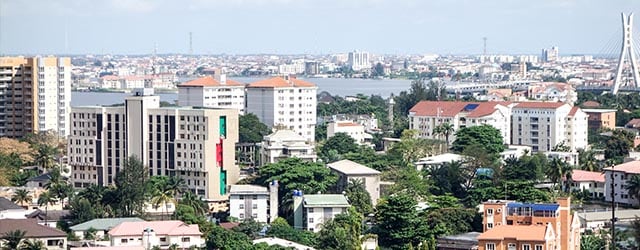
News
Nigeria Finally Embraces Economic Diversification
No longer just a buzzword bandied about by politicians, diversification is now seen as a key to the future of Africa’s biggest economy, as sinking oil prices have eroded government revenue.
Global news and insight for corporate financial professionals
Join the global community of corporate and public-sector finance industry leaders reading Global Finance monthly in print.
Click Here
News

News

News
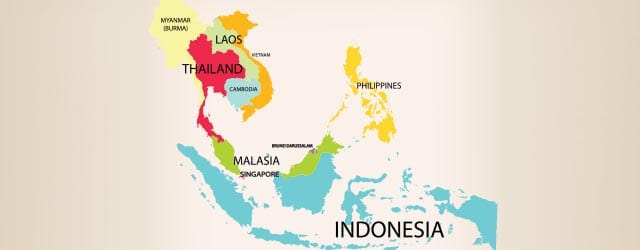
Capital Raising & Corporate Finance

News

Economics, Policy & Regulation

Capital Raising & Corporate Finance
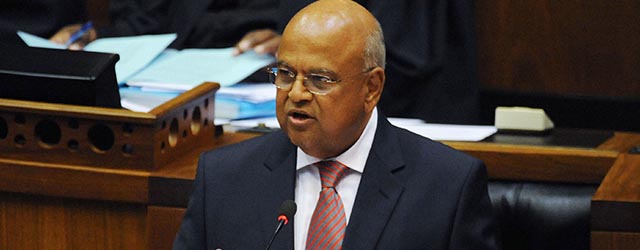
Economics, Policy & Regulation

Economics, Policy & Regulation
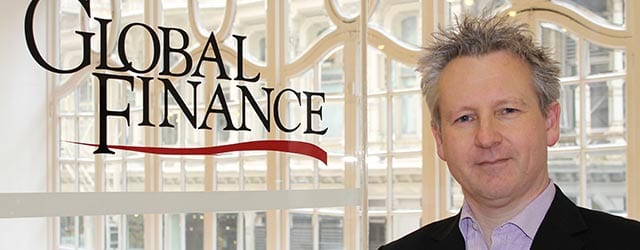
Capital Raising & Corporate Finance
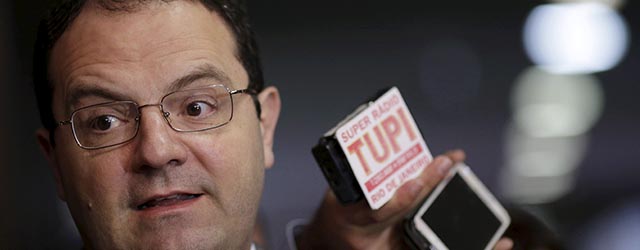
Economics, Policy & Regulation

Economics, Policy & Regulation